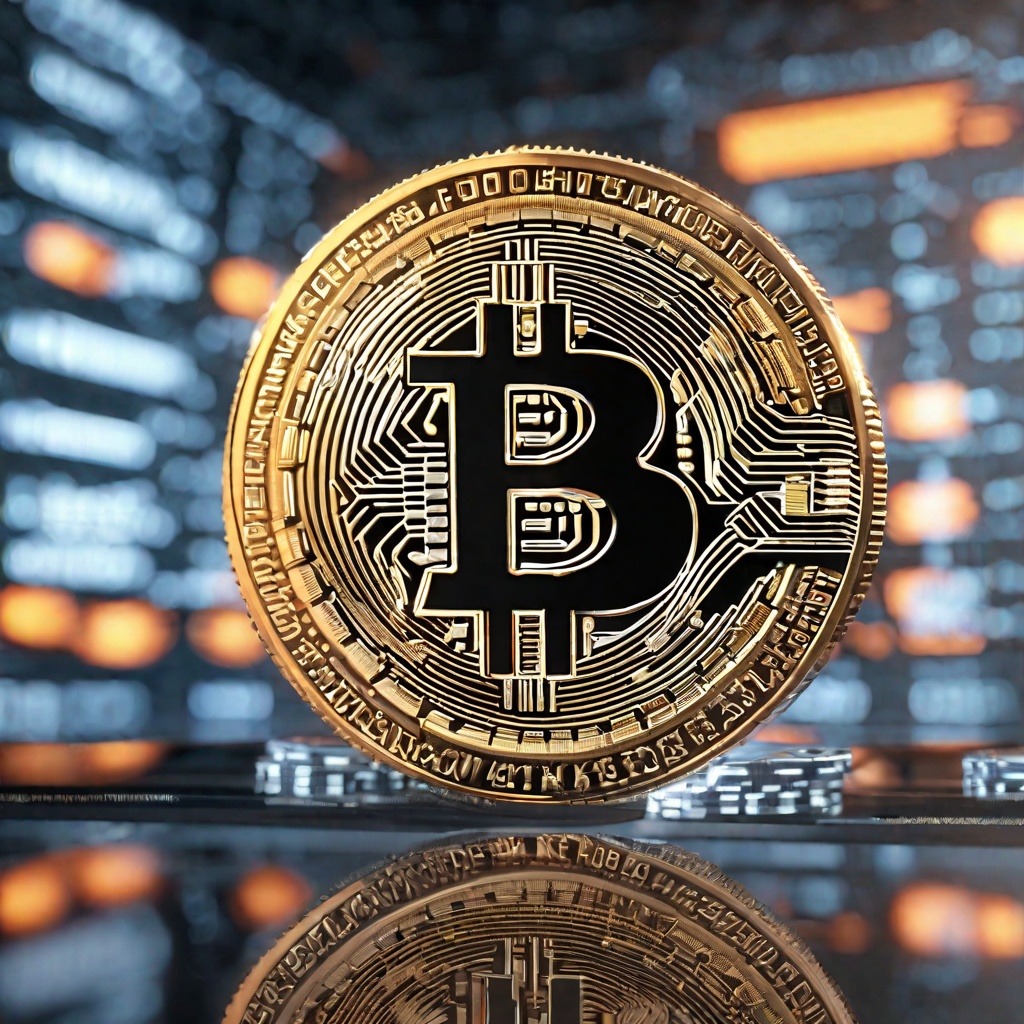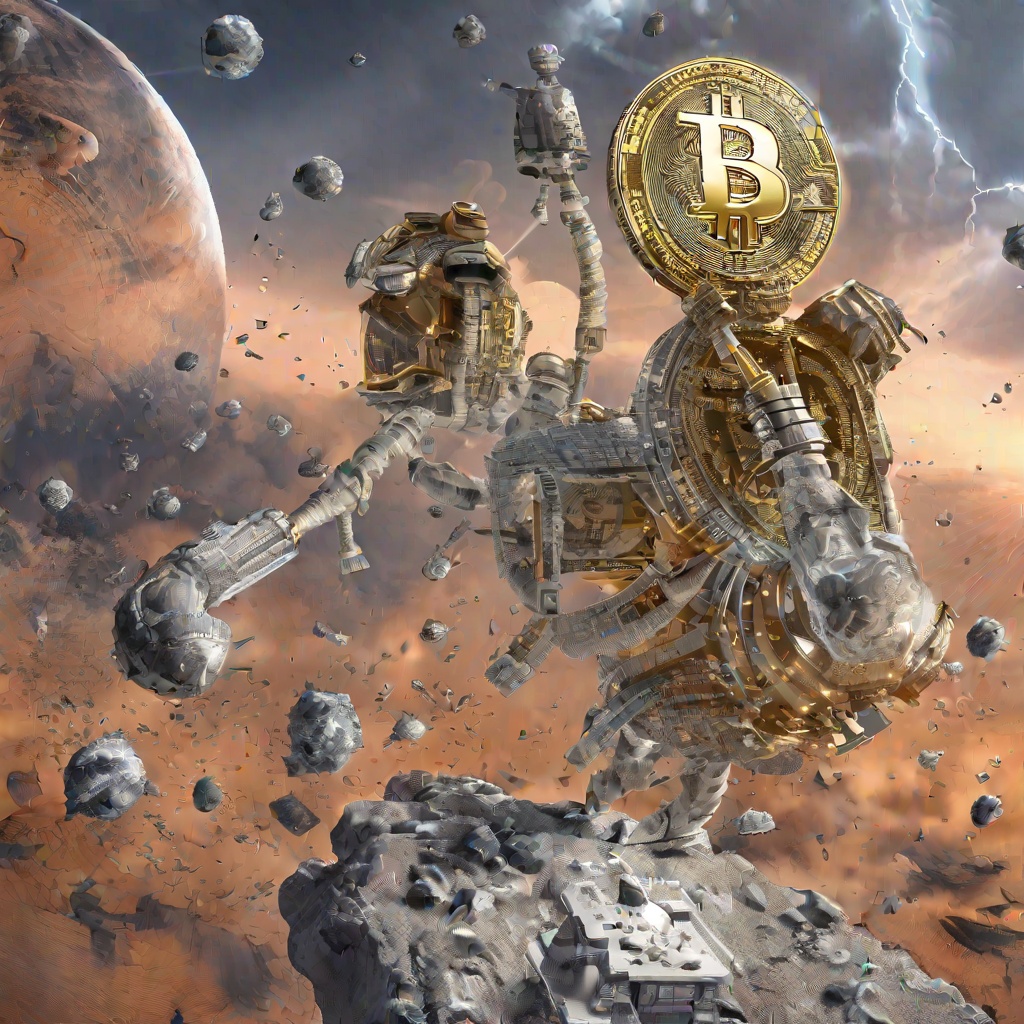How much will FTX customers get back?
I'm keenly interested in the recovery prospects for FTX customers. Given the recent collapse of the exchange, it's crucial to understand how much, if anything, investors can expect to recoup. Could you please elaborate on the potential reimbursement amounts? Are there any specific assets or funds that are being liquidated to compensate affected users? Additionally, what are the estimated timeframes for these reimbursements to be processed and distributed? It's imperative for FTX clients to have clarity on these matters, and I believe your insight into the cryptocurrency and finance realm can provide valuable insights.

Is ERC-20 a TUSD?
Is ERC-20 a TUSD?" This question seems to mix up two distinct concepts in the cryptocurrency world. ERC-20 is actually a technical standard used for smart contracts on the Ethereum blockchain. It defines a common set of rules for tokens issued on Ethereum, allowing them to be compatible with each other and with various wallets and exchanges. On the other hand, TUSD, which stands for TrueUSD, is a specific type of stablecoin designed to maintain a one-to-one peg with the US dollar. It's issued and managed by a consortium of financial institutions and regulated entities. So, to answer the question directly, ERC-20 is not TUSD. ERC-20 is a standard that TUSD (or any other token on Ethereum) might adhere to, but it's not the same thing as TUSD itself. ERC-20 tokens are often used for a wide range of purposes, including representing company shares, utility tokens, or even other cryptocurrencies. TUSD, on the other hand, is specifically designed to serve as a stable store of value and a means of exchange. It's important to understand these distinctions when navigating the cryptocurrency ecosystem, as they can have significant implications for investors and users alike.

Where to swap Beth to ETH?
I'm looking for a reliable platform where I can swap Beth to ETH. Could you recommend a trusted exchange that offers competitive rates and fast transactions? I've heard about several options, but I'm not sure which one to choose. I'd appreciate it if you could provide some insights into the best places to make this swap, considering factors like security, ease of use, and customer support. Also, would it be advisable to wait for a specific market condition or time frame to make the swap? Thank you for your help in navigating this crypto swap!

Is mantle network evm?
Is Mantle Network an EVM-compatible blockchain?" This question has sparked quite a bit of curiosity in the crypto community. EVM, or Ethereum Virtual Machine, is a crucial component of the Ethereum blockchain, enabling smart contracts and decentralized applications to run securely. Mantle Network, on the other hand, is a relatively new entrant in the blockchain space, promising scalability and efficiency. So, the question is: does Mantle Network share the same EVM compatibility that has made Ethereum so popular? Well, to answer that, we need to delve into the technical specifications of Mantle Network. If it's designed to be EVM-compatible, then developers can leverage the vast ecosystem of Ethereum tools and applications, making it easier to build and deploy decentralized solutions. However, if it's not, then Mantle Network might be offering something unique and innovative, tailored to specific use cases. But the bottom line is, we need more information to answer this question accurately. We need to know the architecture of Mantle Network, its compatibility with existing Ethereum tools, and its unique selling points that differentiate it from other blockchain platforms. So, let's dig deeper and find out what Mantle Network really offers!

What is immutability in Ethereum?
Could you kindly elaborate on the concept of immutability in the context of Ethereum? I'm curious to understand how this principle plays a pivotal role in the blockchain technology. How does immutability ensure the security and reliability of transactions within the Ethereum network? Also, could you explain the technological mechanisms behind it? I'm interested in knowing how it differs from other blockchain platforms and what makes it unique in Ethereum's case. Thank you for taking the time to answer my questions.

